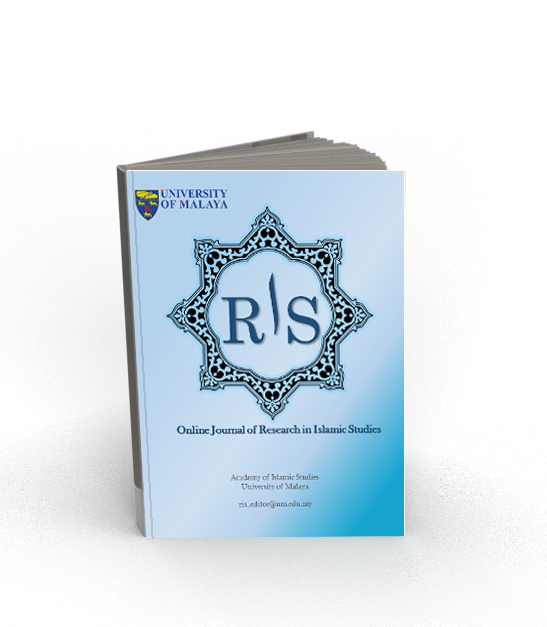Main Article Content
Abstract
Uthman bin Foduye (1754-1817) was born and raised in Hausaland (presently Northern Nigeria) where the inhabitants lived in a darkness of ignorance about Islam. This study is based on qualitative approach. The method of documentary used in the data collection. On the other hand, it employs the usage of documentary and inductive in data analysis. The findings reveal that Uthman bin Foduye has distinctive methods in teachings and preaching towards Islamizing the pre-colonial Nigerian society. He was distinguished with these methods among other scholars of Hausaland who had earlier before him intended to Islamize their societies but failed due to the lack of systematic methods in teachings and preaching. Additionally, the findings have further revealed that Uthman has successfully Islamized Hausaland and mobilized his disciples in a peaceful manner without quarrelling with the rulers of the land. It might be added that he, however, charged his disciples to base their lives according to the Islamic Shari'a, where upon, QurÂ’an and Sunnah of the Prophet (PBUH) are their main sources of reference. This research recommended that contemporary Islamic scholars should try to employ systematic methods in teaching people to understand the pure Islamic religion, which forbids associating any partner with Almighty Allah. They should also have to have bravery, tolerance, and sincerity like that of Uthman bin Foduye in discharging their missionary activities.
Keywords
Article Details
Copyright Notice
By submitting manuscripts to the Online Journal of Research in Islamic Studies (RIS), authors agree to transfer copyright to the journal. However, authors may republish their work or grant others permission to republish it; in which case it should be accompanied by a proper acknowledgment that the work was originally published in the Online Journal of Research in Islamic Studies (RIS). The journal adopt CC-BY-NC licence which authors may also share and distribute their article anywhere of non-commercial website, social media and repositories immediately on publication.
Authors may also reuse the Abstract and Citation information (e.g. Title, Author name, Publication dates) of their article anywhere at any time including social media such as Facebook, blogs and Twitter, providing that where possible a link is included back to the article on the journal site.
